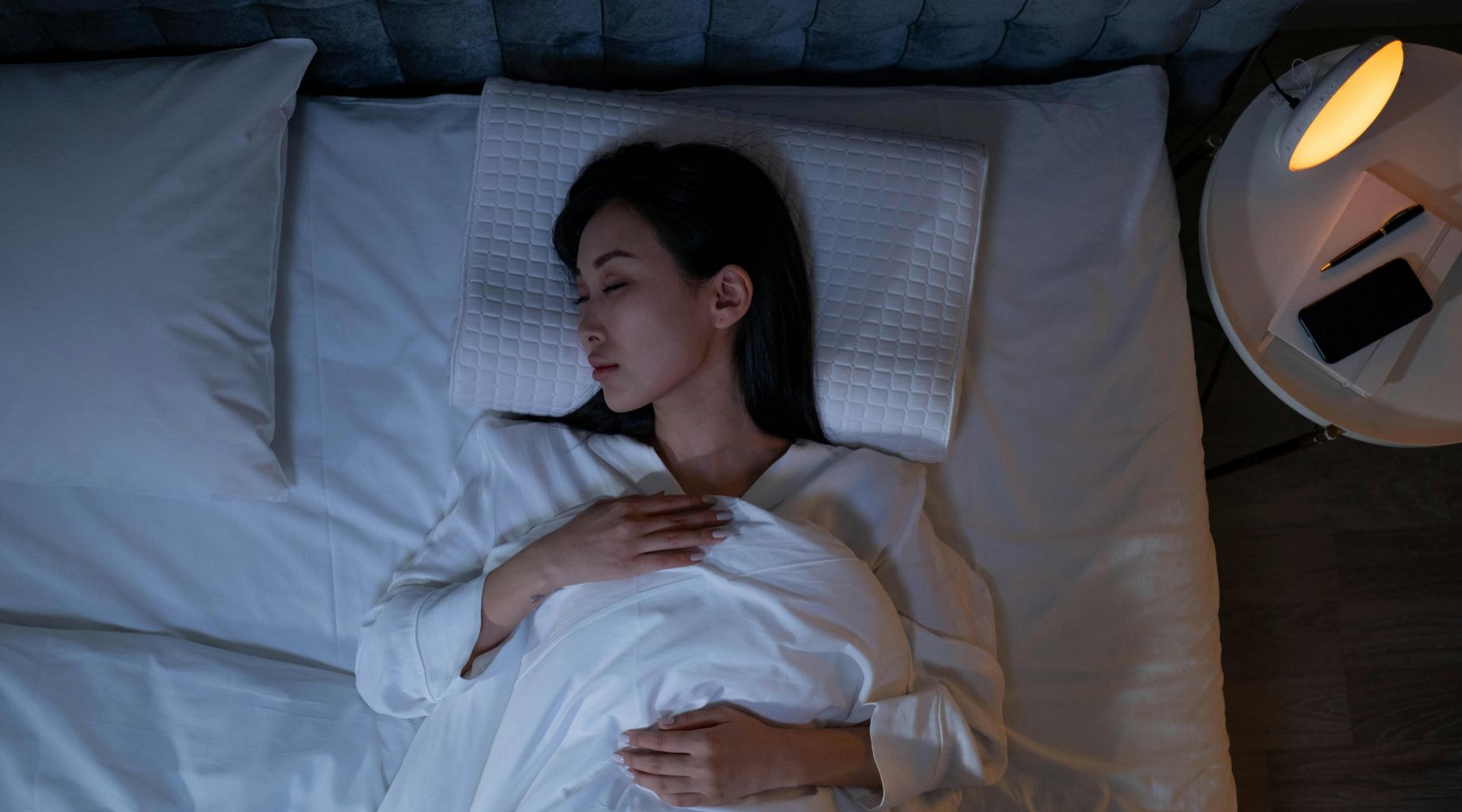Why can't you sleep in new places? The psychology behind it
It's a familiar frustration: you travel, stay in a hotel room or a friend's house, and the first night you toss and turn, even though you're exhausted. Why does this happen? The answer often lies in what sleep scientists call the first night effect (FNE). That phenomenon describes how sleep quality and sleep architecture change in unfamiliar surroundings.
The first night effect is backed by decades of research. Newer studies confirm that when people spend a night in a new place, they often show higher wakefulness, lower sleep efficiency, and less deep sleep compared to subsequent nights. Let's walk through why it happens and what you can do to ease it.
1. The brain keeps a "night watch" on unfamiliar surroundings
One of the more fascinating findings is that, on that first night in a new environment, one hemisphere of your brain stays a bit more alert than the other. In research from Brown University, during the first night, the left hemisphere showed reduced deep sleep activity compared to the right, as if it were on guard for potential threats.
This partial vigilance is sometimes called a built-in night watch. The idea is that in a place you don't know, your brain subconsciously monitors sounds, temperature changes, or movements more than usual. That's part of what makes it harder to fall asleep or stay asleep.

2. Distorted sleep architecture on that first night
Research shows that people usually get less total sleep on the first night in a new place. It often takes longer to fall asleep, and waking up in the middle of the night is more common.
In the study, brain scans showed that people were more awake, slept less deeply, and had lighter sleep overall on the first night compared to the following nights.
So yes, your "first night" in a hotel or new environment often means your brain is adapting, and that comes at the cost of sleep disruptions, poor sleep, and weirdly light sleep.
3. Things that amplify the effect: environment, gear, past patterns
The night effect isn't universal, but several factors make it stronger:
-
Unusual sounds, unfamiliar ambient noise or background hums that your brain flags as possible threats.
-
Being away from home, not sleeping with your own pillow or in your usual bed setup.
-
Previous sleep patterns—if your sleep has been irregular, the effect tends to hit harder.
-
Added stress, jet lag, or shifting time zones, which already strain your system.
4. Why do you "sleep badly" even in familiar homes sometimes
Interestingly, the first-night effect isn't limited to hotels. Even in fewer controlled environments, some people experience adaptation effects in otherwise familiar settings, especially if they change bedding, move rooms, or have monitoring devices (as in sleep labs) attached to them.
So the uncomfortable "first night" feeling can happen even at home if something about your surroundings changes.
5. How to reduce the first-night effect and encourage restful sleep
While you might not eliminate it entirely, you can blunt the impact of poor sleep on that first night. Here are tactics that have shown some promise:
-
Bring your own pillow or a familiar bedding item. The familiar scent and feel can ground you.
-
Use white noise to reduce the effect of unusual sounds.
-
Keep lighting consistent, cool the room, and keep a comfortable temperature—your brain is more likely to relax when environmental cues feel safe. A sleep mask can also help block out stray light, which makes it easier to relax and drift off naturally.
-
Try a short pre-sleep ritual: deep breathing, gentle stretching, or quiet reading helps signal safety.
-
Consider arrival strategies: settle in early, avoid late caffeine, and gradually wind down before bed.
In short: make the setting as familiar as possible, even when it isn't your own room.

6. Why this matters beyond one rough night
One bad night isn't ruinous. But when you travel often, sleep in multiple unfamiliar settings, or if you already struggle with sleep disorders, these repeated first nights can erode your sleep quality over time.
Also, the first-night effect illustrates how fragile our rest is: the built-in alertness meant to keep you safe can also affect your health, focus, mood, and overall well-being.
By understanding this phenomenon, you can stop blaming yourself or trying too hard to "just sleep better" on that first night. Instead, you can prepare, adapt, and give your system time to settle.
Why the second night feels easier
Sleeping in a new place can always feel odd. But knowing that your brain is doing something like a "night watch" gives you a little compassion. The first night is nearly always tougher. You don't fail because you don't drift right off. You're just adapting. And yes, you may well get a good night's sleep the second night or the third. Sometimes, your body just needs the chance to recalibrate.






